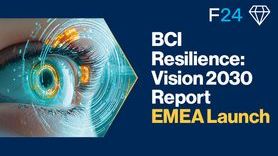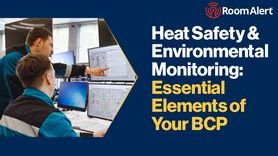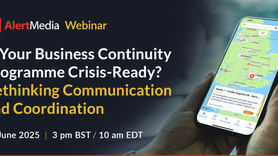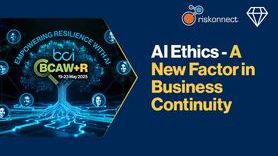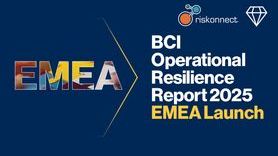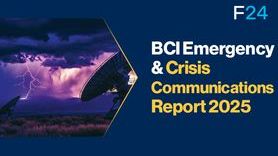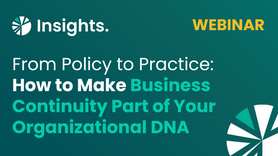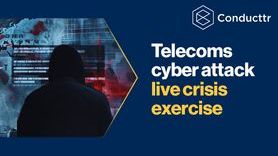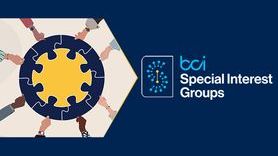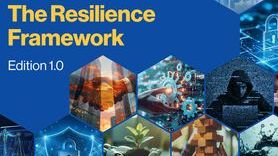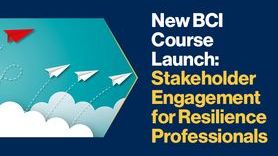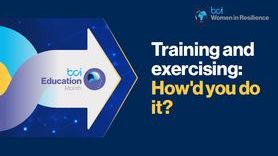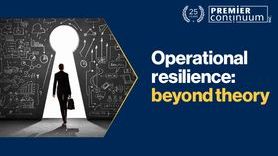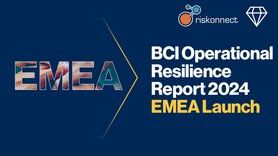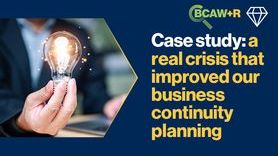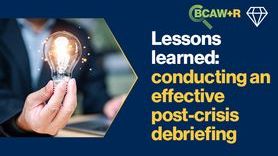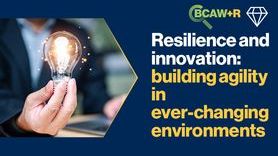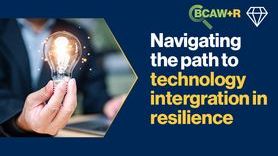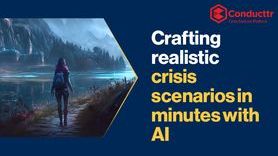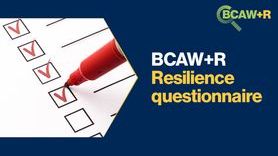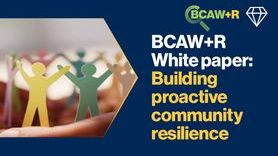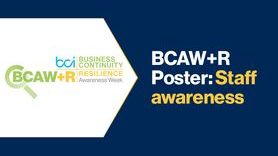Women in Resilience (WiR) Spotlight: Kate Rawlins
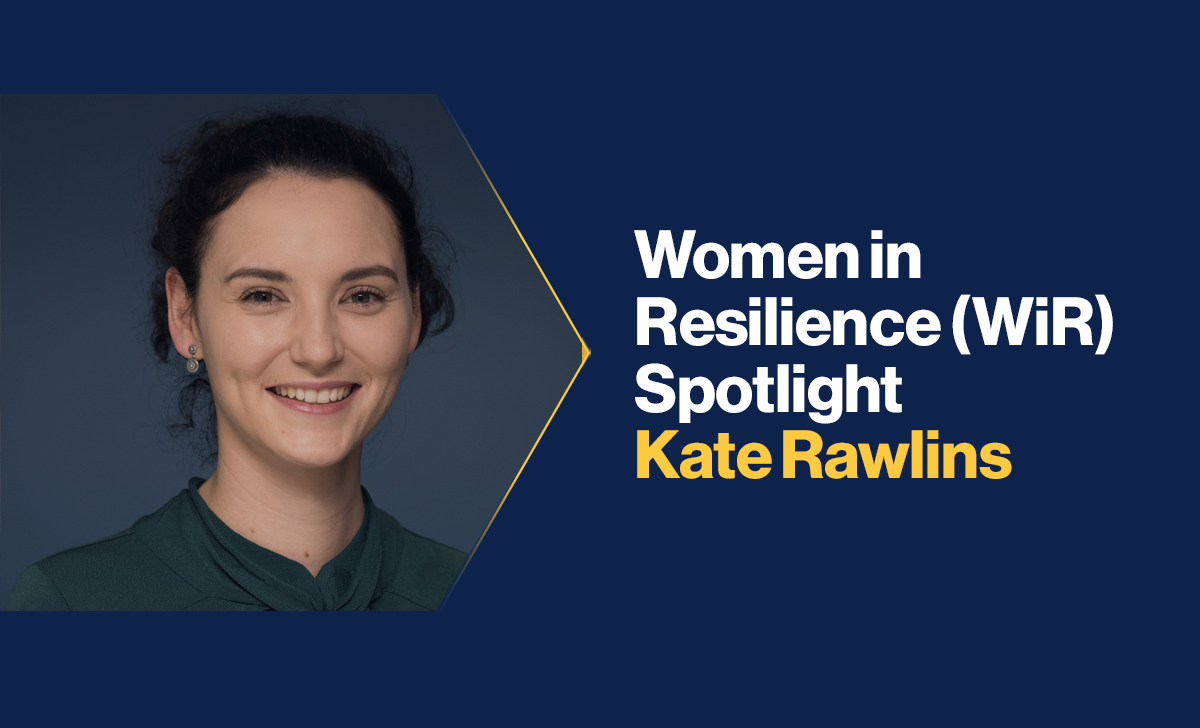
Kate Rawlins is a former journalist, turned crisis consultant and has specialised in crisis management training for the best part of a decade. Across Europe and Australia, Kate has worked as part of crisis response teams for biosecurity disease detections and most recently volunteered with the NHS during the first wave of the COVID-19 pandemic.
1. What brought you into the industry?
An interest in current affairs and crime led me to study journalism and criminology at university, a somewhat odd pairing of degrees. I’ve always been interested in understanding the causation of behaviour or issue and from there developing strategies to prevent it from happening again. In many ways, this is the basic underpinning of crisis management and continuity, which is perhaps why I feel I’ve found myself in this career years later.
My first experience of crisis management was when I was seconded to lead the local communications response to Panama Tropical Race 4 disease first being detected in Queensland, Australia. Working on this crisis changed my life in many ways. After working on a response for months on end you’ll either realise it’s work you love or an experience you’d rather not endure again. For me, this crisis response helped me realise I wanted to specialise in crisis work full time and gave me the motivation to move overseas to pursue the next stage of my career.
2. How did you reach your current position? What challenges did you face?
If you were to ask me ten years ago where I would want to be today, I would have told you I hoped to be a television newsreader. I always wanted to work in TV, but after two years in the job, I learnt from experience that it wasn’t for me. At the time it was a really tough decision because walking away felt like a failure. I’d studied, worked and tried so hard to only learn my dream job didn’t make me happy. Although now, I am so grateful that it only took me two years to come to this realisation - I predict many others will stay in a role for a lot longer trying to make it work before finally coming to terms with the fact that it’s not for them.
From broadcast journalism, I went into government media relations and I loved it. It was this role that led me to be seconded on my first response, opening the door to crisis management and where I am today. In terms of challenges, I believe all careers will be refined by a challenge at some point. For me, I’ve experienced disappointment on various occasions and some of these challenges led me to another success - I just didn’t know it at the time. I believe it’s important to surround yourself with people who know your capabilities and can remind you of your worth when it’s challenged. Whether it’s parents, friends, managers or colleagues, it’s important to have great role models to inspire you through tough times. I certainly wouldn’t be where I am today without my support network.
3. Which specific skills do you think are needed to become a leader in your field?
I admire leaders who are honest, strategic and yet agile, but above all, those who are team players. If the COVID-19 pandemic has taught us anything about leadership, it’s that we need more leaders who are human. The leaders view their colleagues as people, not just numbers on a spreadsheet or emails in an inbox. Because even in times of difficulty, whether that’s making redundancies or cutting bonuses, the leaders who deliver those initiatives in a human and people-focused way can still be admired.
In recent years, I feel we’ve also seen a shift away from senior positions being predominantly held by the traditional versions of ‘strong and dominant’ leaders. More and more I feel we’re seeing an acceptance of leaders who through a variety of paradoxes, challenge the picture of a traditional leader. For example, you can have a successful leader who is both strong and compassionate - and that doesn't automatically make them weak or unsuitable for the role. All political views aside, I particularly admire the leadership style of the New Zealand prime minister, Jacinda Ardern. I feel she’s a great example of a leader who embraces some of the paradoxes which challenge the definition of the traditional leader; she is openly compassionate and communicative, but can still be strategic and decisive.
4. Do you think that the BCI WiR initiative will influence our industry? If yes, how?
I believe initiatives such as the BCI Women’s in Resilience group are beneficial for a range of reasons. First, to provide a safe space for members to learn and share ideas. Second, to encourage networking which I believe is particularly important to those in their earlier stages of career development. Another fantastic aspect of the WiR group is that perhaps contrary to the name, it’s not only a group for women. I enjoy attending the WiR events because I know that I won’t be one of only a few women in the room, but instead, there will always be a diverse group of industry professionals sharing their views. It’s a welcoming and inclusive space for everyone.
5. What changes would you like to see in the profession?
The ability to respond well in any crisis comes down to effective teamwork and a united vision. Too often I observe teams within an organization working in silos. When different functions of an organisation work together to share, communicate and plan, operations run much smoother and more efficiently not only in crisis but in peacetime as well. For the resilience community, I believe this starts with investing in internal buy-in to continuity and preparedness. It can be a hard task to sell the importance of preparing for ‘what if’, but if the COVID-19 pandemic is anything to go by, the business case for continuity has never been more important.
6. In your opinion, why should more people be joining the resilience community?
The resilience community attracts professionals from a variety of backgrounds, and I feel that’s what makes it so great to be a part of. Whether you're from a security, military, planning or communications background, the resilience field will benefit from your perspective. If you’re interested in challenges and a diverse work environment, this really could be the industry for you!









